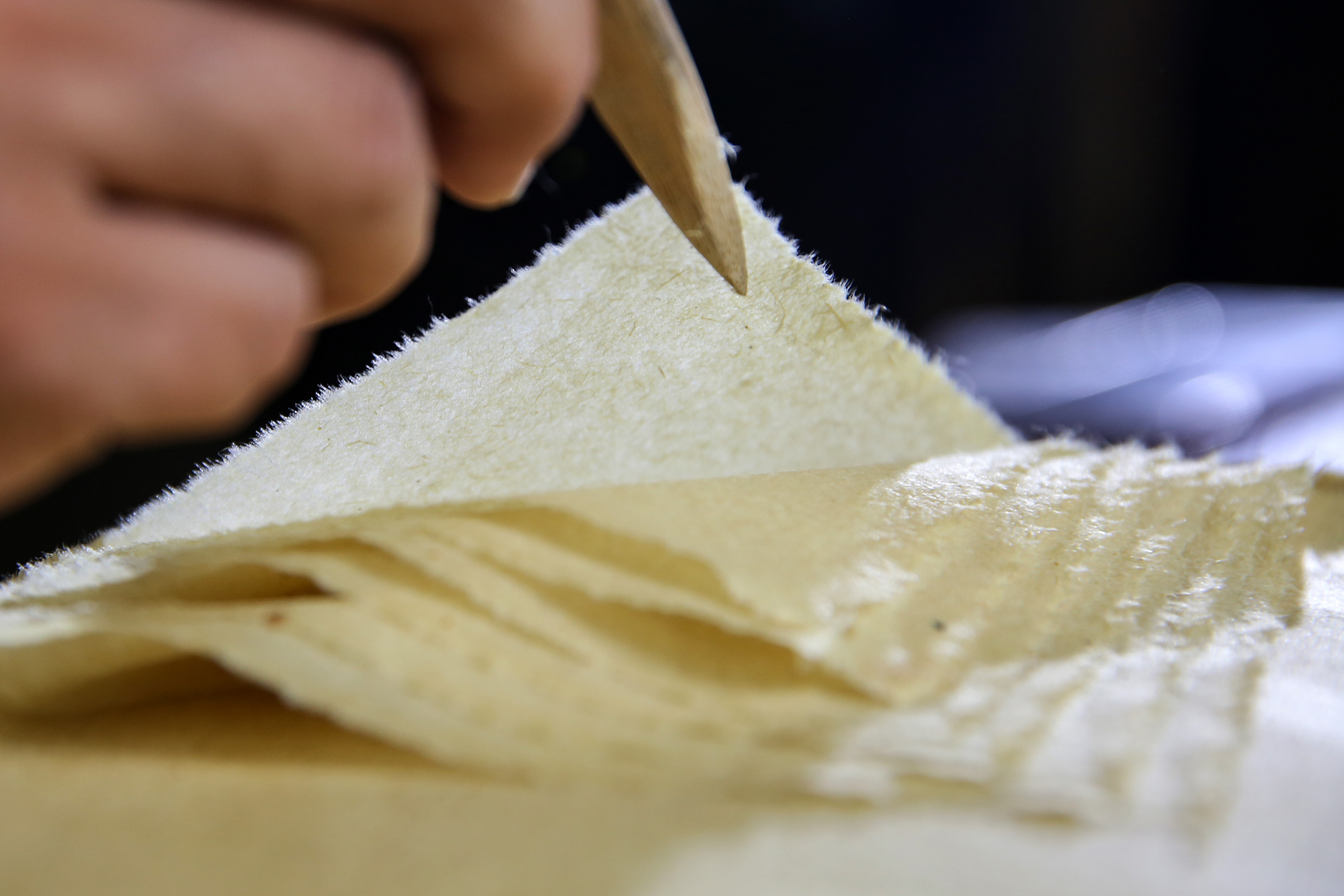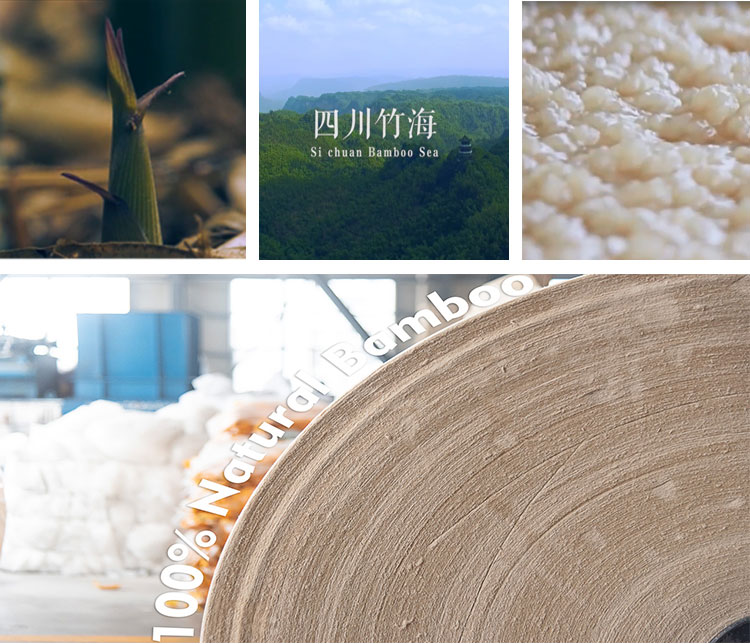Pulp purity refers to the level of cellulose content and the amount of impurities in the pulp. Ideal pulp should be rich in cellulose, while the content of hemicellulose, lignin, ash, extractives and other non-cellulose components should be as low as possible. The cellulose content directly determines the purity and usability value of the pulp, and is one of the core indicators for assessing pulp quality. Characteristics of high purity pulp:
(1) higher durability, cellulose is the main component that constitutes the strength of paper, high purity pulp means higher cellulose content, so the paper made has stronger tear resistance, folding resistance and other physical and mechanical properties, extending the service life of the paper.
(2) Stronger bonding, pure cellulose fibres can form a closer interwoven network between the paper to enhance the internal bonding, so that the paper is not easy to be delaminated or broken when subjected to external forces, to enhance the overall strength of the paper.
(3) higher whiteness, the presence of impurities often affect the whiteness and gloss of the paper. High purity pulp, due to the removal of most of the coloured impurities, makes the paper show a higher natural whiteness, which is more suitable for printing, writing and packaging, etc., and enhances the visual effect of the product.
(4) better electrical insulation properties, cellulose has good insulating properties, while the non-cellulose components in the pulp, such as lignin, may contain conductive or hygroscopic substances, affecting the electrical insulation of paper. Therefore, paper made from high-purity pulp has a wide range of applications in electrical engineering, such as cable insulation paper, capacitor paper, etc.
High purity pulp preparation, the modern paper industry uses a variety of advanced pulping processes, such as chemical pulping (including sulphate pulping, sulphite pulping, etc.), mechanical pulping (such as thermal grinding mechanical pulp TMP) and chemical mechanical pulping (CMP) and so on. These processes improve the purity of pulp by removing or converting the non-cellulosic components of the raw material.
High purity pulp is widely used in many fields such as high-grade cultural paper, packaging paper, speciality paper (e.g., electrical insulation paper, filter paper, medical paper, etc.) and household paper, which meets the high standard of paper quality required by different industries.
Yashi Paper only make 100% virgin bamboo pulp, single ci bamboo fibre, which is the best choice for high purity and high quality household paper.
Post time: Sep-27-2024






